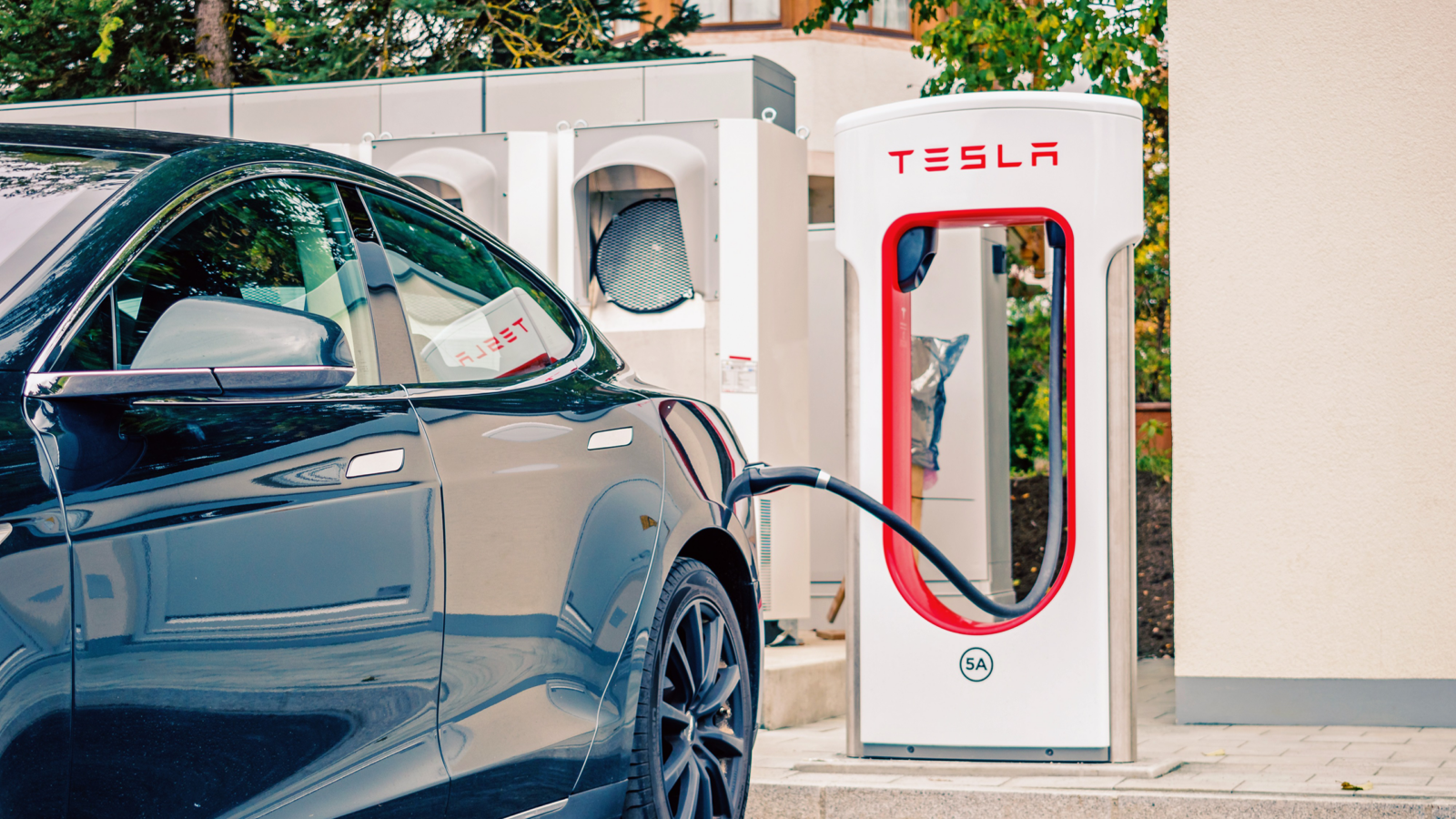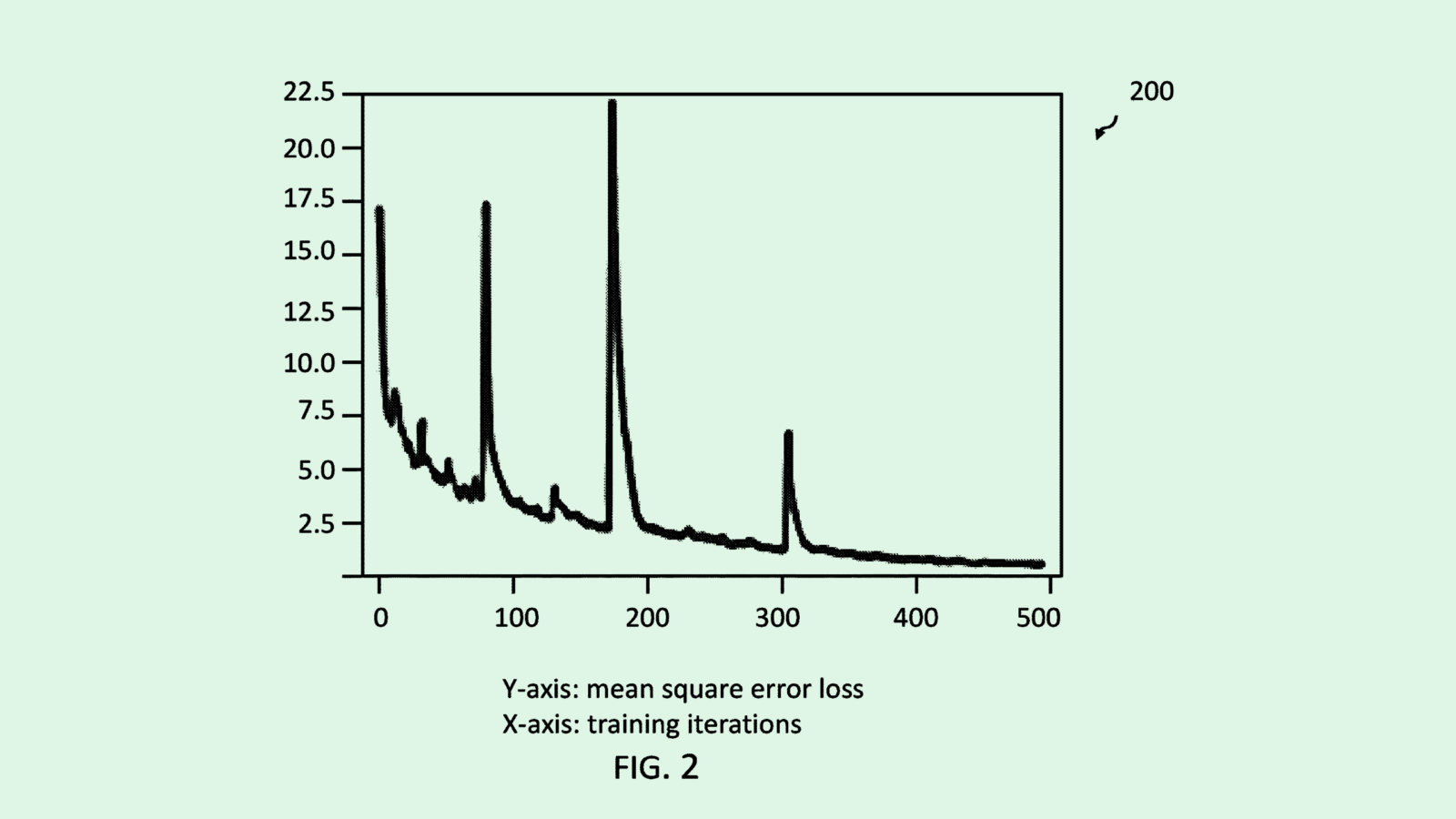
Sign up for smart news, insights, and analysis on the biggest financial stories of the day.
Germany can still make combustion engines. They just can’t run on gas.
The European Union intends to phase out the production of gas-powered cars in favor of electric vehicles. But in a new effort to find a compromise, a draft proposal seen by Reuters says auto companies will still be allowed to make combustion engines as long as they only run on low-polluting e-fuels, also known as synthetic fuels.
Change the Fuel, Not the Car
As much as global superpowers and car makers are pushing for EVs to be the only cars on the road in the next 15 years, some drivers and manufacturers don’t realistically see the electric slide happening that quickly. This month, the EU was slated to vote on legislation that would ban the sale of new combustion engine cars in the bloc by 2035. But Germany – a nation known for its automaking ingenuity – had its Transport Ministry log objections that e-fuels, which can be pumped into any of the 1.4 billion combustion engine vehicles currently in use, should have a place in the green revolution. The vote was then halted.
Despite their cleanliness, e-fuels are incredibly labor-intensive and expensive. To get gasoline, you drill, drill, drill…and refine, of course. But to make synthetic fuel, you first need to separate the hydrogen and oxygen atoms in water via electrolysis. Then you need to capture carbon dioxide from the air and separate part of its elements. Finally, everything goes into a machine called a Fischer–Tropsch reactor where they fashion long-form carbohydrates – the things that make a car go vroom vroom.
So while it appears Germany has gotten its way, at least for now, synthetic fuels are more of an interesting experiment rather than anything practical:
- In December, Porsche, a collection of energy companies, and the Chilean government, officially opened a synthetic fuel refinery in Punta Arenas where they initially planned to produce 34,000 gallons of fuel a year. To put that into perspective, the US consumes about 369 million gallons per day. The e-fuel isn’t yet available to the public and will likely first be used in motorsports.
- Plus, the price is a little steep. In a recent YouTube video from the car-focused brand, Donut, reps filled up at the Chile refinery and estimated it cost about $40 a gallon. Production is expected to increase and costs would lower, but most of those figures are for 2050. That $5.57 price tag at the pump in Frankfurt doesn’t look too bad now.
The Start of Something Smart: This isn’t to say e-fuel is a worthless investment. EVs have very small carbon footprints, but in a place like the US, they get charged on an electrical grid that’s still based 80% on fossil fuels. E-fuel refineries run on renewable energies like wind and solar. Try to look at it as a small-scale reinvention of the grid that might hold a significant place in energy production in the next half-century.









